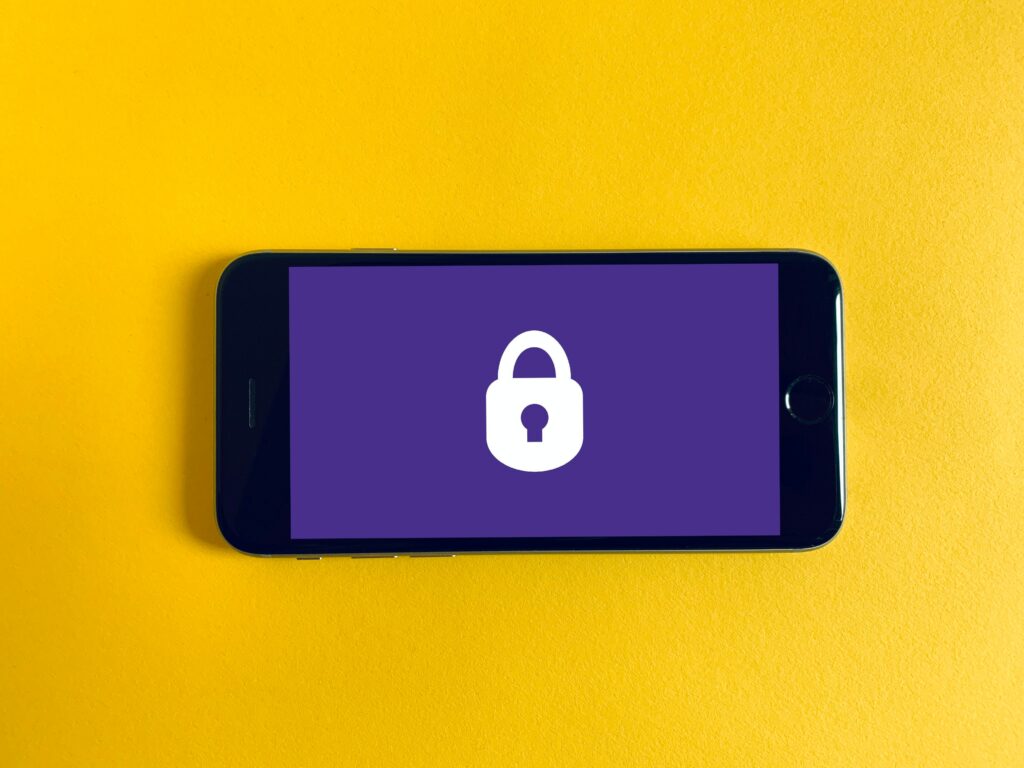WordPress is a popular content management system that powers millions of websites on the internet. However, the security of WordPress websites can be compromised, especially for websites that handle critical data such as personal information, financial data, and confidential documents. As such, we will list the most important 3 steps you need to follow in order to protect the critical data on your WordPress website.
- Secure Hosting
The first step in securing your WordPress website is choosing a secure hosting provider. Your hosting provider should offer features such as SSL/TLS encryption, firewall protection, and regular backups. SSL/TLS encryption is essential for protecting sensitive data transmitted between your website and your visitors. A firewall protects your website from attacks, such as DDoS attacks, brute force attacks, and SQL injection attacks. Regular backups ensure that your critical data is not lost in case of a security breach or other disasters. When choosing a hosting provider, look for those that offer managed WordPress hosting, as they have specialized knowledge in securing WordPress websites.
- Two-Factor Authentication
Two-factor authentication (2FA) is an essential security measure for WordPress websites that handle critical data. It adds an extra layer of security to your WordPress login by requiring users to provide an additional authentication factor, such as a code generated by a mobile app, in addition to their password. This makes it more difficult for attackers to gain access to your website even if they have your password. There are several WordPress plugins that offer 2FA, such as Google Authenticator, Duo Two-Factor Authentication, and Two-Factor. These plugins are easy to install and configure and offer an additional layer of security to your WordPress login.

- Security Plugins
There are several WordPress security plugins that offer features to protect your website from attacks and vulnerabilities. These plugins offer features such as malware scanning, firewall protection, login security, and content protection. They also offer notifications and alerts to keep you informed of any security issues. Some popular security plugins for WordPress include Wordfence Security, Sucuri Security, and iThemes Security. These plugins offer advanced security features and are regularly updated to keep up with the latest security threats.
That being said, it is important to note that facing data breaches and potential cyber attacks is an on-going war that is being held on multi-levels. As such, any company and any hosting agency or digital agency will never truly be able to assume complete responsibility over any attacks that can penetrate even the most serious and expensive defense options.
Our experience in handling WordPress websites allows us to understand and use this multi-layered approach in order to handle critical data. Working with a secure hosting provider, implementing two-factor authentication where it is necessary, and using security plugins are essential security measures we use to protect your website and sensitive data. By implementing these security options, we enhance the security of your WordPress website and protect your critical data from unauthorized access and data breaches.


